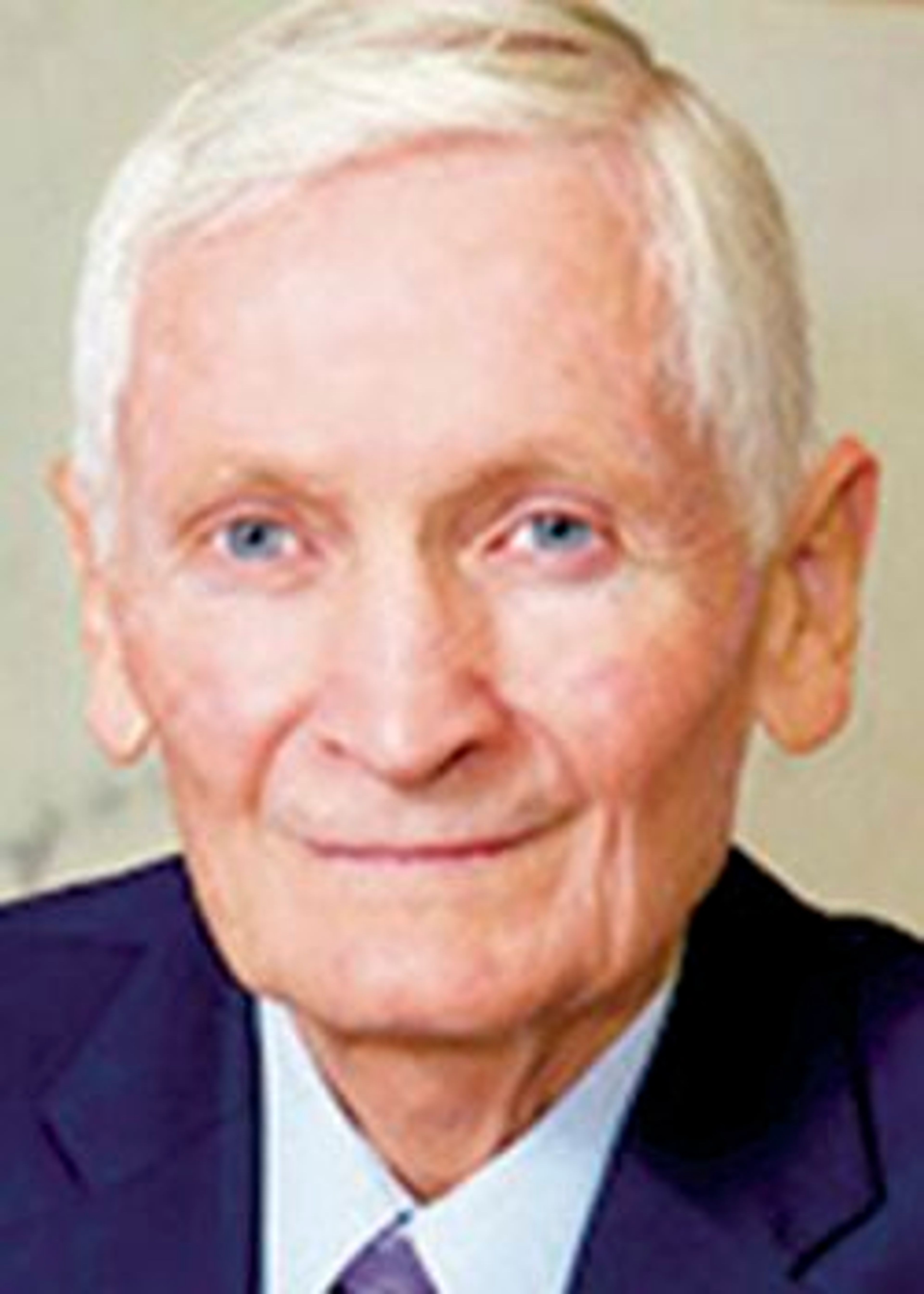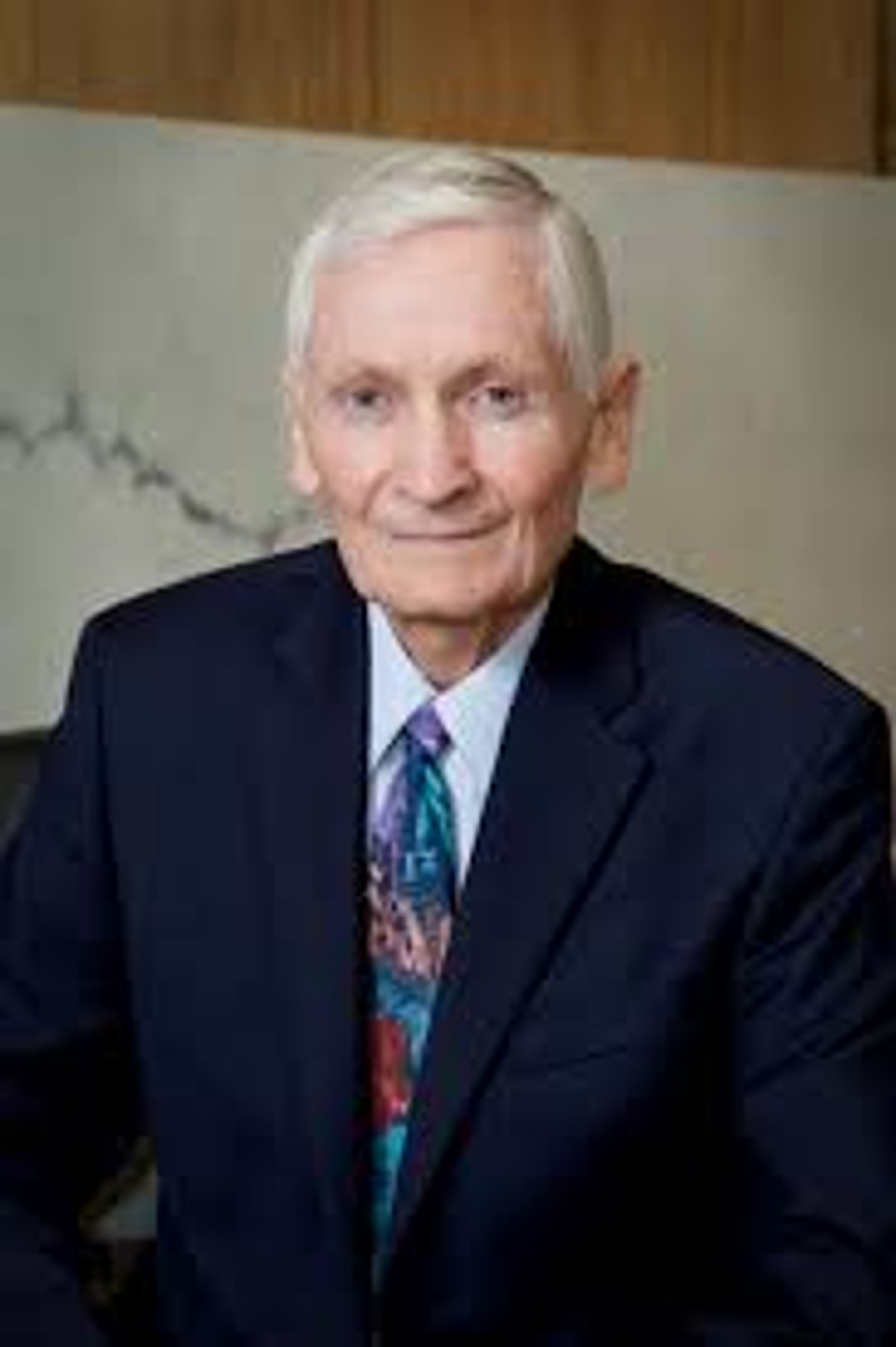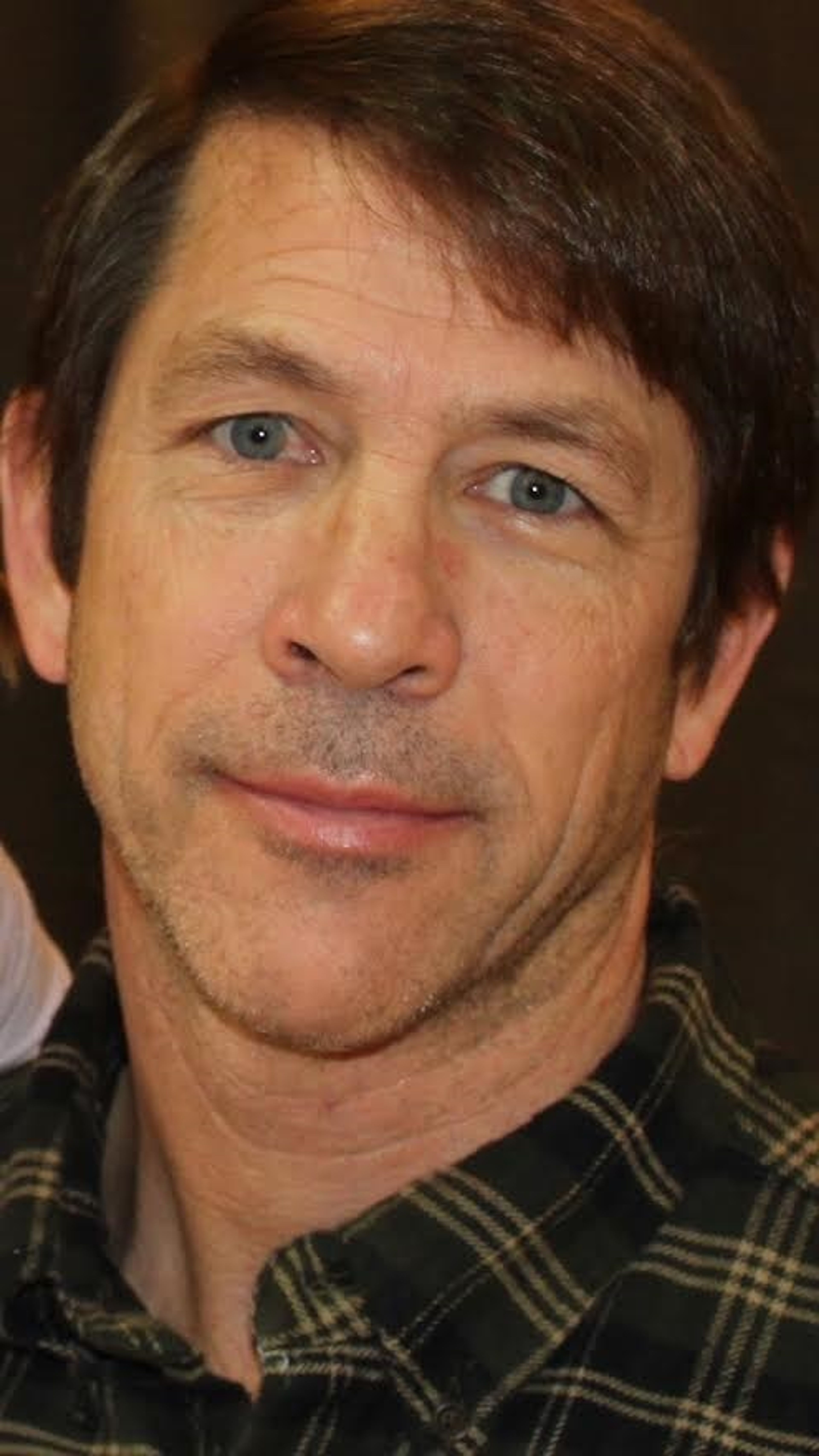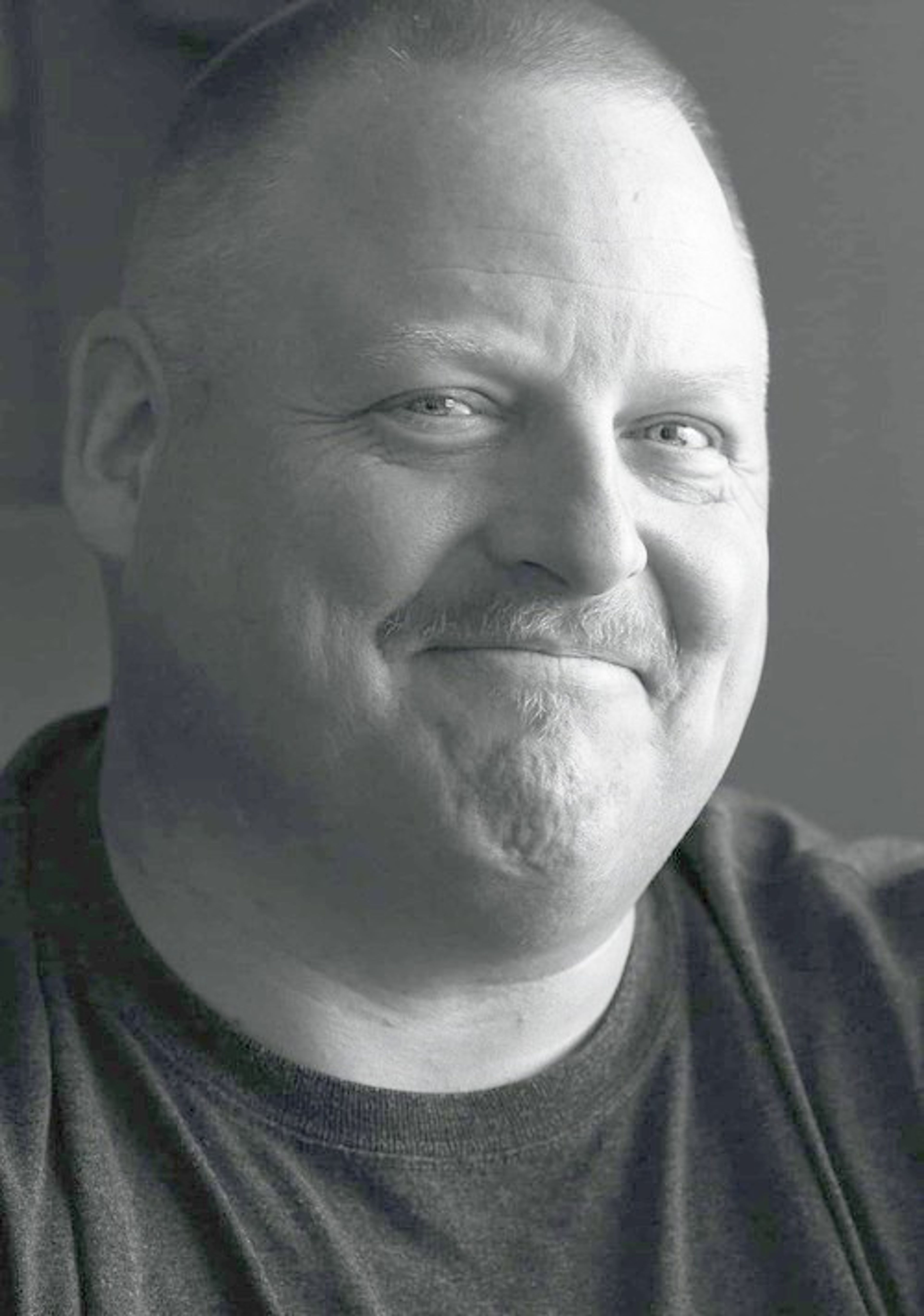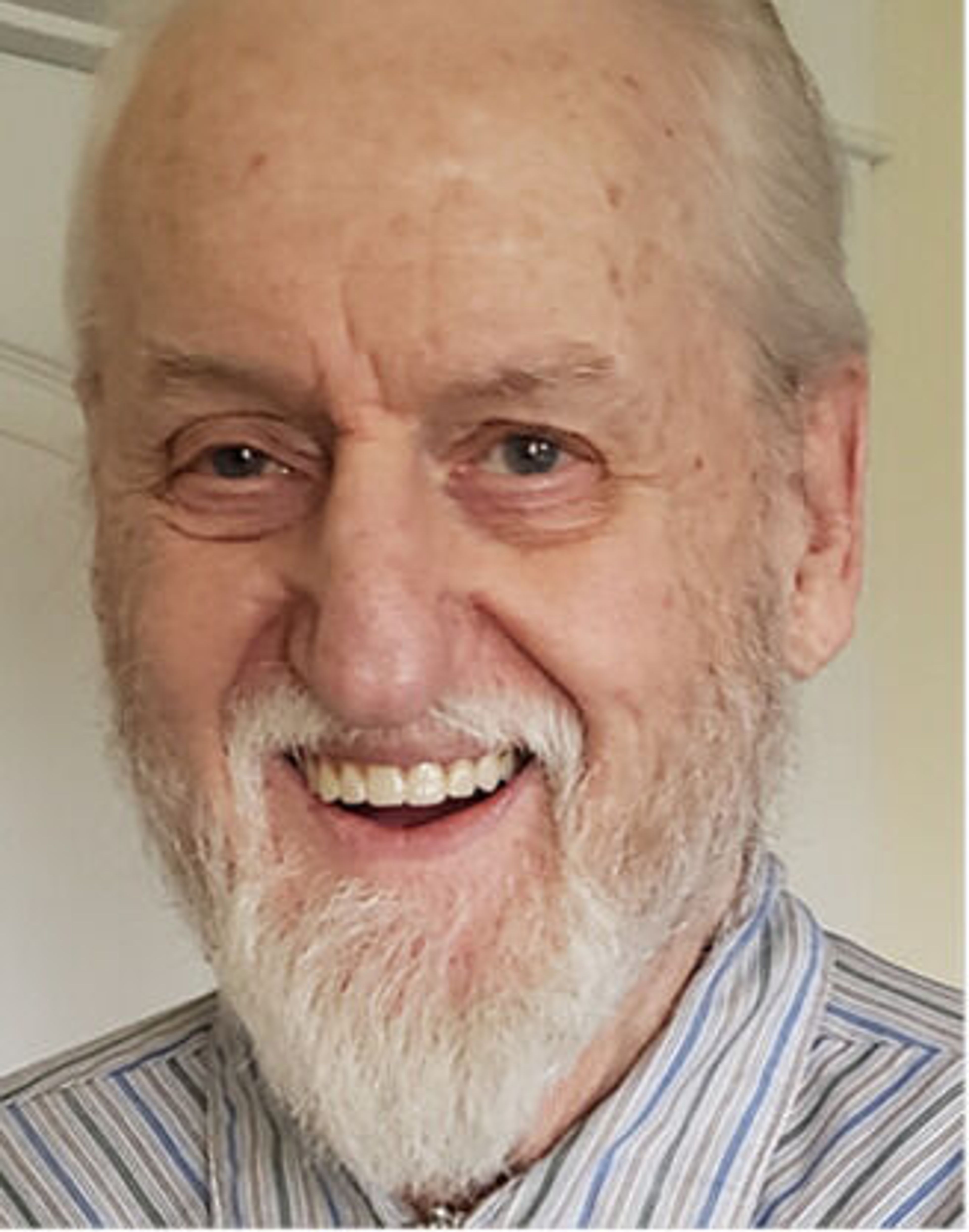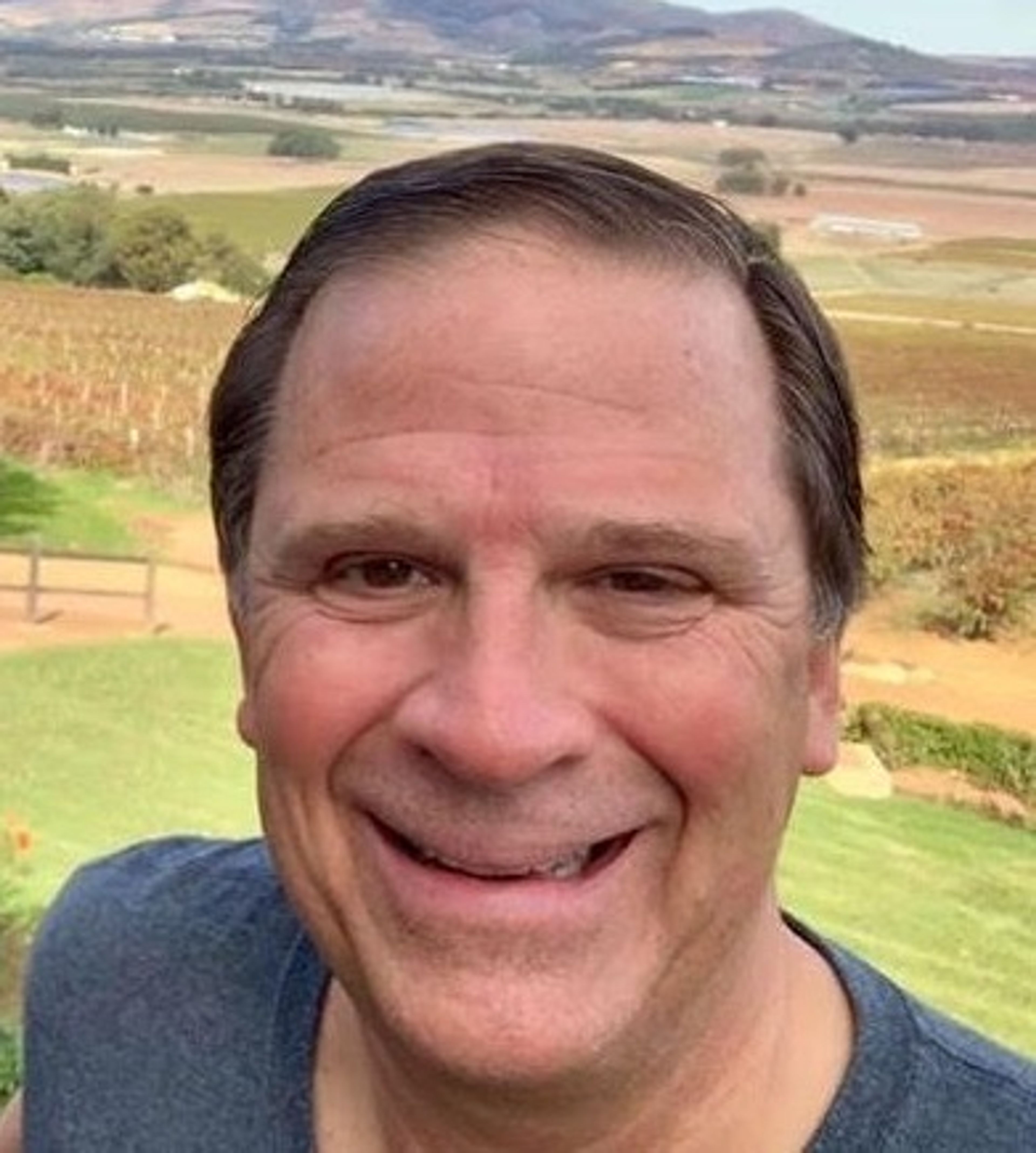Veterans Day, Nov. 11, is a time for Americans to honor and thank those who have stepped forward to serve this great country. It is also appropriate to consider what veterans might hope to be the common good resulting from their service. Although I would not pretend to speak for all veterans, I believe that most would like to think their service helped to bring the nation together in fellowship and common purpose.
Although I was just 3 years old when World War II ended, I have fond memories of those post-war years. The people of the country had worked together as one to defeat the Axis powers and save the world from tyranny. Throughout the 1950s, I remember having great pride in the country and thinking there was nothing the United States of America could not do. The idea of being part of a unified, winning team was exhilarating and gave promise of a bright future.
The Korean War was just a blip on the radar for most of us, but for those who served in that war it was close to the definition of hell, with vicious cold, savage combat and human wave assaults. The veterans of that conflict never got their due from their countrymen, partly because people had a difficult time understanding what it was all about and partly because of its stalemated ending. Even though the public only gave it tepid support, it was not all that divisive on the home front.
Vietnam was an altogether different story, eventually causing divisions across the country rivaling or exceeding those of the present day. When I entered service in November 1967, the country was generally supportive of the war. The surprising Tet Offensive in early 1968 changed that, because its scope did not line up with rosy assessments coming from the government.
I arrived in South Vietnam in July 1968, just as the national consensus was starting to unravel. When I arrived home at the end of August 1969, conflict over the war was at fever pitch and it only got worse during the next three years. I worked for Idaho’s former Senator Len Jordan during those years and had a front row seat as his point man on Vietnam — the one who met with the thousands of mostly young people roaming Capitol Hill in hopes of influencing Vietnam policy.
The war ended in February 1973, but the social unrest and distrust of government it caused lived on for many years. Because of that, plus economic and racial strife resulting from our failure to address inequalities in our society, we have never achieved the consensus and common purpose that came with the conclusion of WWII. We came close for a while following the 9/11 attacks, but that did not last long. At this time in our history, we are more divided than at any time since WWII, with the possible exception of Vietnam.
From the standpoint of one of the millions who have served in the nation’s armed forces, what I would most like to see is a nation at peace with itself, much like the nation that returning WWII veterans found. If those who serve the country can work together in common purpose to fight an enemy on foreign soil, can’t veterans expect their countrymen to work harder to achieve unity on the home front?
Please have a thoughtful day of reflection this Veterans Day and be sure to thank our veterans for their service.
Jim Jones is a Vietnam combat veteran.
